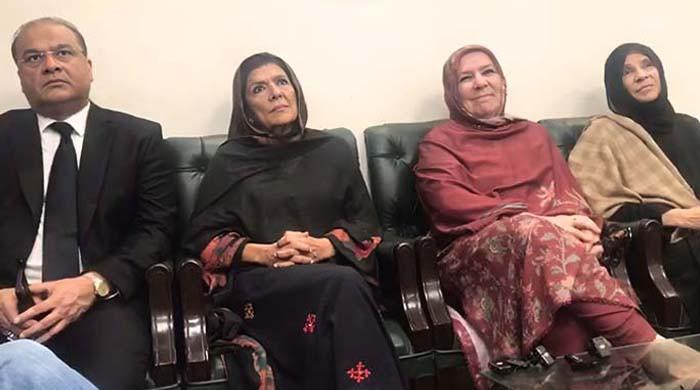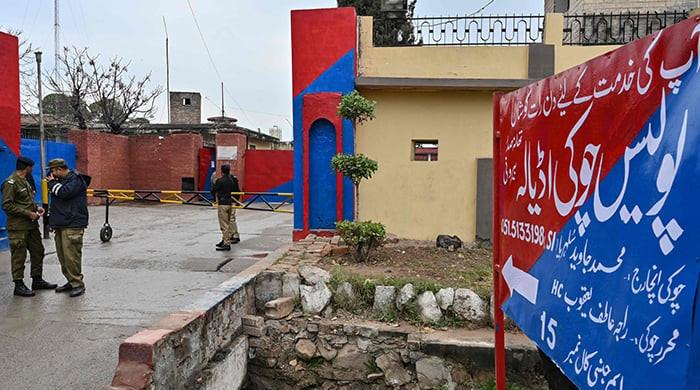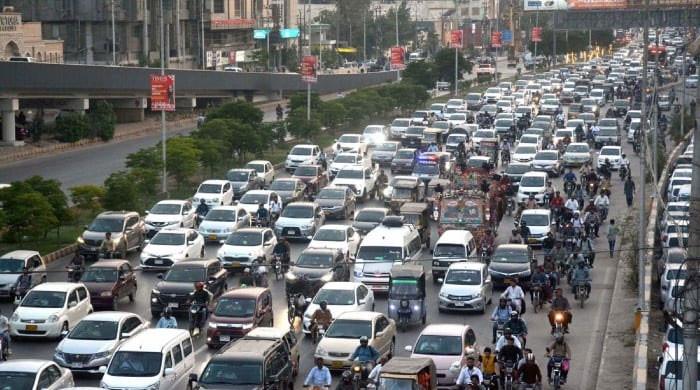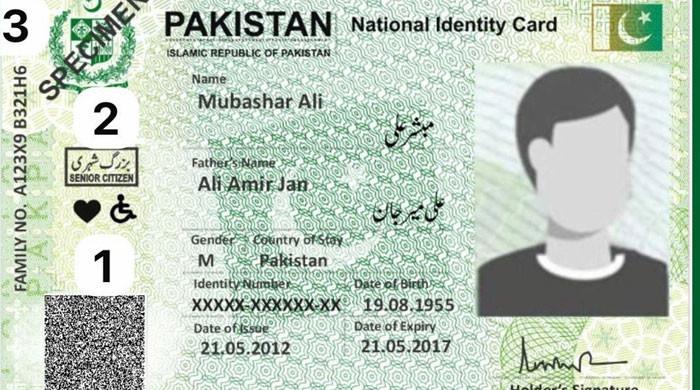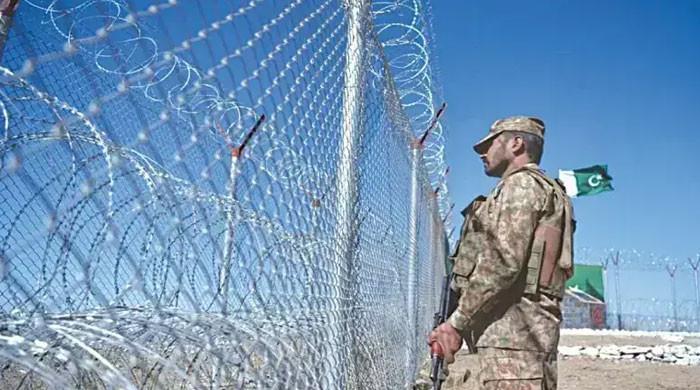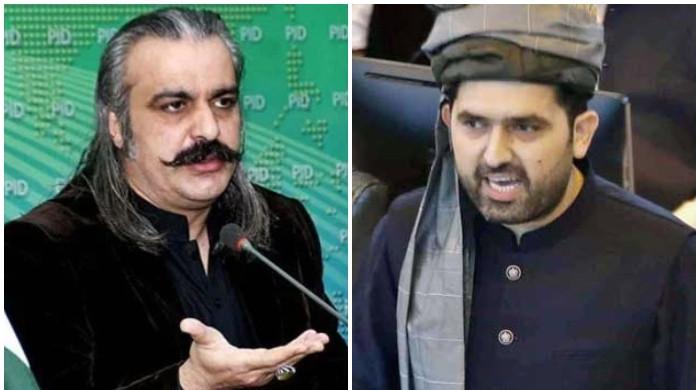Aurat March 2021: How Pakistan is gearing up for the day of feminist resistance
Pakistan prepares for a power show ahead of the day to remind the world of patriarchy’s enduring power
March 06, 2021
KARACHI: It is that time of the year again, when women, the transgender community and non-binary folks' demonstrations against gender-based oppression and lack of rights as citizens of Pakistan become a target for trolls and misogynists.
The Aurat March 2021 is upon us and debates are already in full swing, with famously problematic individuals in high demand for TV shows.
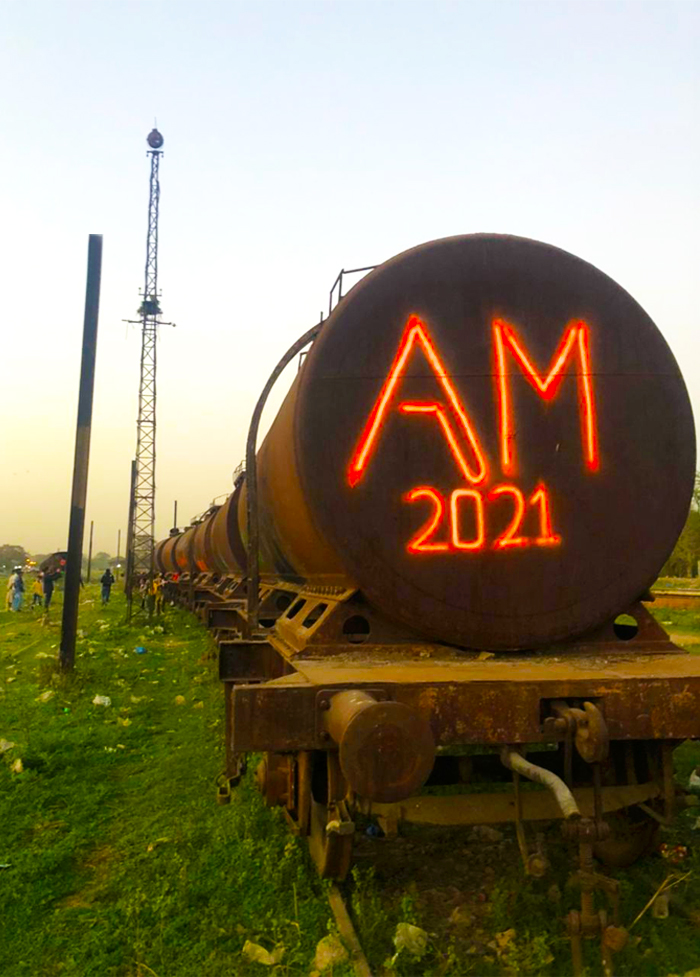
This year, in the context of the pandemic, it important to highlight that Pakistan reported the highest incidence of violence against women while the the pandemic was at its worst.
Read more: Pakistan reports highest incidence of violence against women at peak of coronavirus pandemic
In a bid to pause and introspect why the Aurat March 2021 is the need of the hour, as well as why the issues the women, transgender community, and non-binary folks face in Pakistan are crucial to talk about — and be taken up by lawmakers — here's a look at how Pakistani cities are gearing up for the day of feminist resistance.
International Women's Day — March 8 — marks the struggle for women's participation in politics and workforce, an end to sexual and domestic violence, as well as demanding health rights, the right to city as equal citizens, and for media to be responsible.
Also read: Men shoot dead transgender woman, wound another in Peshawar's Palosi area
Ahead of the day that reminds the world of patriarchy’s enduring power, Pakistani women, transgender community, and non-binary folks have started preparations for their power show, keeping in mind the COVID-19 standard operating procedures (SOPs).
In Karachi, the Aurat Dharna will be held at Frere Hall at 3pm, with the slogan, "6 foot ki doori, magar inqilab zaruri," while the Aurat March Lahore's organisers and volunteers "have stamped our anger, our jazba on walls, trains, and street corners".
Related: Pakistan reaffirms commitment to empower women on intl' day against violence
On the other hand, Islamabad’s Aurat Azadi March created posters showing determination, with "slogans of freedom", channeling "our collective sorrows & pain" for the fight for "Equality, Justice & Dignity."
Pakistan, worryingly, is among the bottom three countries in the World Economic Forum's Global Gender Gap Report 2020, ranking at 151 of 153 nations across the globe and — depressingly — falling three positions in the two years since 2018.
Read more: Resources to report cases of violence against women in Pakistan
Despite reaffirming its resolve to end violence against women and empower them, Pakistan still sees on a daily basis a concerning number of cases of sexual assault and harassment, child sexual abuse, "honour" killings, acid attacks, karo-kari murders, targeted killings of transgender individuals, and forced marriages, among others.
In what seems to be a further blow to survivors of sexual misconduct, as well as their allies, Pakistan's legal system still criminalises defamation — a "silencing tool" used by those accused of abuse and harassment against anyone speaking about their traumatic experience.
In their 2021 demands, Aurat March has called for decriminalisation of defamation, ending the anti-poor demolition drives, doing away with discrimination against queer people, gender-based sensitisation of authorities and the media, introducing, advocating for, and implementing women's health efforts especially in light of the coronavirus pandemic, and achieving equal pay, inheritance rights, and the right to the city.
Related:
Lahore men rob, rape woman stranded on motorway in front of children
Violence against Pakistan's transgender community continues unabated
Man kills wife on first night of marriage over suspicion of 'illicit relationship'
—COVER IMAGE: Twitter/Aurat March Lahore




